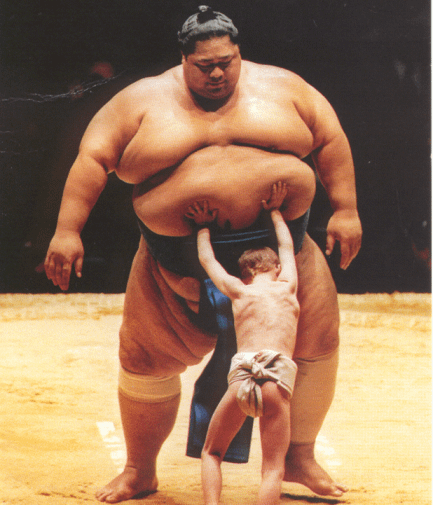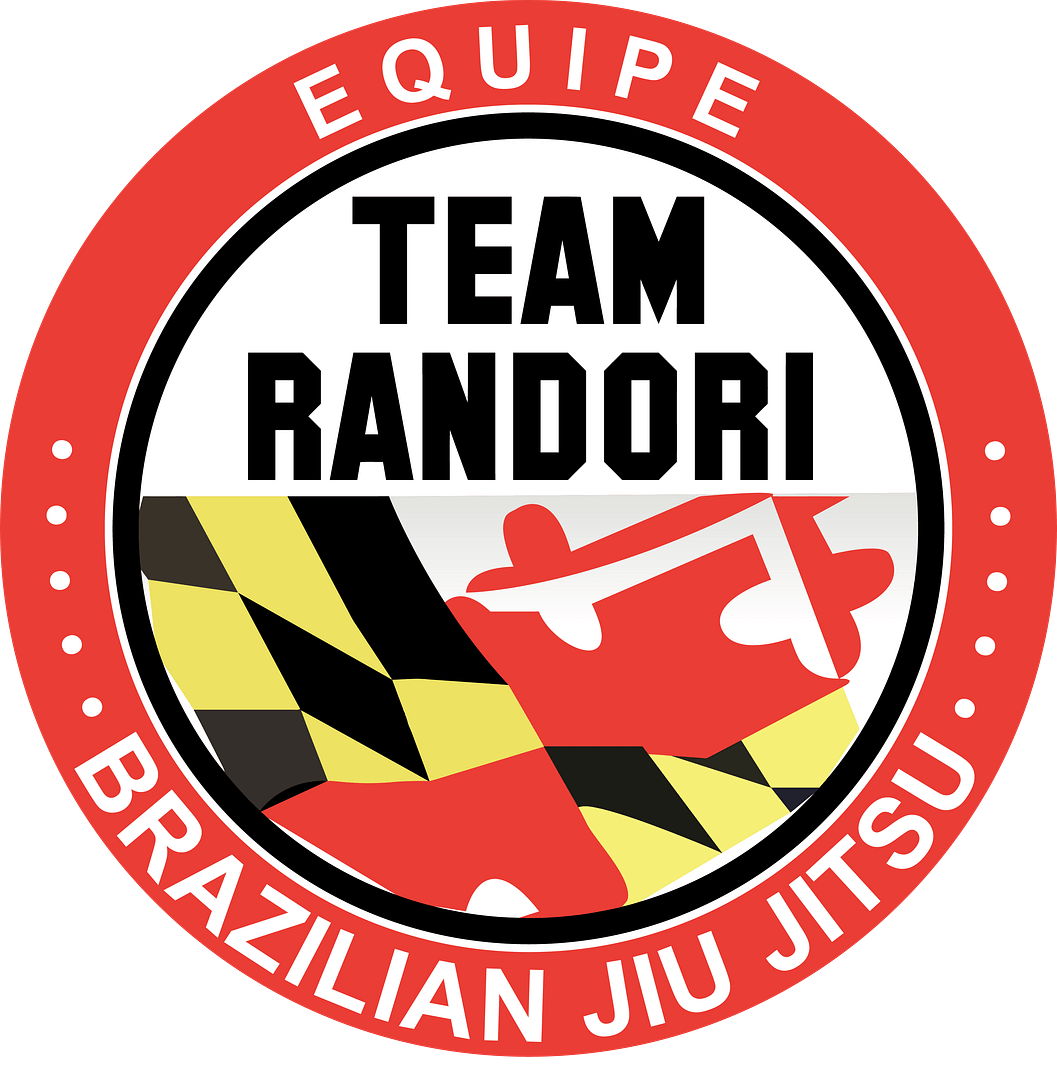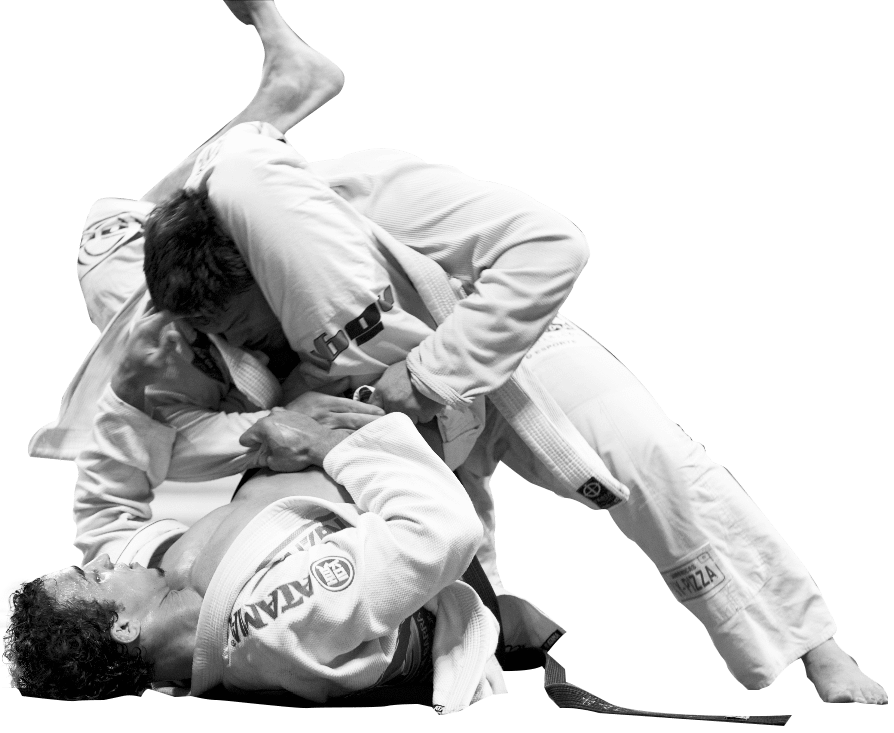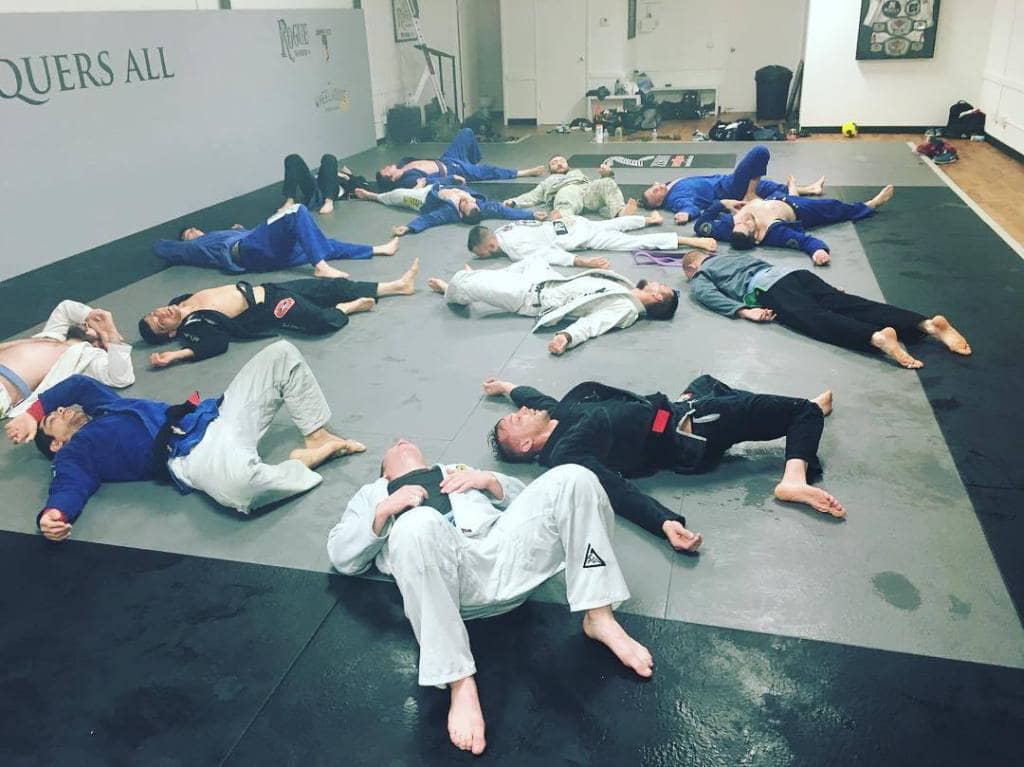
Embracing discomfort and struggle is a fundamental principle in personal growth. As we move through life, it’s natural to seek comfort, but this tendency can evolve into a detrimental habit. I’m not suggesting that we should actively seek suffering for the sake of it; rather, we should engage in deliberate activities that challenge us and push our boundaries. These moments of discomfort sharpen our abilities, strengthen our resilience, and ultimately drive our personal development.
This approach is central to self-leadership. When we intentionally step out of our comfort zones and face challenges head-on, we cultivate the resilience and mental toughness necessary to navigate life’s difficulties. This mindset is essential to becoming a leader, someone who confronts adversity rather than avoiding it. It’s about building a mentality that thrives on overcoming obstacles.
Jiu-Jitsu and Wrestling: Building Mental Fortitude
Martial arts like Brazilian Jiu-Jitsu and Wrestling are unique in their ability to enhance personal development, particularly in the realm of self-leadership. Both disciplines demand focus, determination, and mental fortitude, which directly contribute to personal growth. The struggles and discomfort that come with these physical activities aren’t just about building physical strength; they develop mental resilience, discipline, and the capacity to lead oneself in the face of challenges.
In Brazilian Jiu-Jitsu (BJJ), practitioners learn to deal with adversity by navigating complex physical situations. Whether you’re pinned to the mat, trapped in a submission hold, or attempting to outmaneuver a stronger opponent, BJJ forces you to stay calm under pressure. The mental toughness developed through this process translates directly to self-leadership, as you become more adept at handling pressure in everyday life. You learn not to panic in difficult situations and instead approach problems with a solution-oriented mindset.
Similarly, Wrestling builds a strong foundation for personal development through its rigorous demands on both body and mind. Wrestling teaches you to push your limits, endure exhaustion, and continuously strive for improvement. The individual nature of the sport means that success is largely determined by your own effort, self-discipline, and dedication—key elements of self-leadership. When you’re on the mat, there’s no one else to rely on, and this responsibility builds confidence and independence.

Developing Emotional Intelligence and Problem-Solving Skills
Jiu-Jitsu and Wrestling don’t just develop physical attributes—they also sharpen emotional intelligence and problem-solving abilities. In BJJ, for instance, you’re constantly placed in uncomfortable positions that force you to think strategically and make quick decisions. Every roll or sparring session is like a puzzle, where the solution is found not through brute force but through strategic thinking, patience, and adaptation. This constant problem-solving mirrors the challenges of life, teaching you how to navigate obstacles by staying calm and methodical.
In Wrestling, the intense one-on-one nature of the sport helps you confront and manage emotions like frustration, anger, and fear. Wrestling teaches you to remain composed even when things aren’t going your way, an essential skill for any leader. Whether on the mat or in a leadership role, the ability to manage your emotions and think clearly under pressure is invaluable. Emotional regulation becomes a tool that allows you to make better decisions and guide yourself and others effectively.
Accountability and Ownership
Both Jiu-Jitsu and Wrestling reinforce the importance of personal accountability. In Jiu-Jitsu, success is determined by the effort you put into training, the strategies you develop, and your ability to learn from failures. You quickly realize that there’s no one else to blame if you get submitted or lose a match—it’s a reflection of your current skills and areas for improvement. This culture of accountability fosters a deep sense of self-leadership, as you take full responsibility for your growth.
Wrestling, with its emphasis on individual performance, similarly promotes a mindset of personal ownership. In a match, your results are the direct outcome of your preparation, mental toughness, and willingness to push through discomfort. This mirrors the process of self-leadership in life—taking full responsibility for your actions and their outcomes. When you train in these disciplines, you internalize the idea that your growth is in your hands, pushing you to continuously strive for improvement.
Discipline as the Cornerstone of Self-Leadership
One of the most valuable lessons Jiu-Jitsu and Wrestling teach is the importance of discipline. Self-leadership is impossible without the ability to motivate yourself and stay committed to your goals, even when the path is difficult. In both sports, discipline is non-negotiable. Training requires you to show up consistently, even when you’re tired, injured, or facing a plateau in your progress.
Through the lens of Jiu-Jitsu, discipline is developed through repetition, refining techniques over time, and persevering through challenges. Success in martial arts isn’t instantaneous—it’s the result of showing up day after day, pushing through discomfort, and embracing the grind. The same holds true in life and leadership: discipline is the foundation on which all success is built. As you develop this discipline on the mats, you’ll find it easier to apply the same focus and commitment to your personal and professional endeavors.
In Wrestling, the intense physical and mental demands of the sport foster a deep sense of discipline. Wrestlers often train multiple times a day, manage weight cuts, and maintain strict diets—all of which require an extraordinary level of self-discipline. This rigor builds a mindset of commitment to excellence, a key characteristic of effective self-leadership.
Turning Failures into Learning Opportunities
Both Jiu-Jitsu and Wrestling teach you to view failure not as defeat, but as an opportunity to learn and grow. In Jiu-Jitsu, getting submitted is a common occurrence, especially when you’re just starting out. However, each submission is a learning experience, offering insight into what went wrong and how to improve. This ability to view setbacks as valuable feedback is crucial in self-leadership, as leaders must constantly evaluate their actions, learn from mistakes, and adjust their strategies.
Wrestling similarly teaches resilience in the face of failure. Losing a match can be tough, but it’s a powerful motivator to refine your technique, improve your conditioning, and better your mental approach. This relentless pursuit of improvement fosters a mindset that thrives on overcoming adversity. Learning to handle failure with grace and using it as a tool for growth strengthens your self-leadership abilities, as it encourages continuous learning and improvement.
Conclusion: Martial Arts as a Pathway to Self-Leadership Mastery
Jiu-Jitsu and Wrestling are not just physical sports; they are powerful tools for developing the skills necessary for self-leadership. By engaging in these disciplines, you build mental fortitude, enhance emotional intelligence, and cultivate a strong sense of accountability. The focus on discipline and resilience teaches you to stay the course even when things get tough, while the ability to turn failures into opportunities allows you to grow from every challenge you face.
Through consistent training in Jiu-Jitsu and Wrestling, you can strengthen your ability to lead yourself effectively, laying the foundation for success in all areas of life. Whether you’re seeking growth in personal relationships, professional endeavors, or physical pursuits, the principles learned on the mats will serve as invaluable tools for personal development and leadership mastery.
To read other Blog articles 📖 that I have published. Simply click 🖱️on this URL Annapolis Jiu Jitsu Blog Articles.
If you want to take your grappling performance 💪 to the next level. Check out A1Grappler. Our specific line of Grappling 💊Nutritional Supplements, designed by Grapplers for Grapplers🥋🤼♀️ .
Interested in Brazilian Jiu Jitsu. Start in Annapolis’ premier Jiu Jitsu Academy. Our instructor staff consists of Brazilian National Champions, Pan American World Champion Masters World Champions and North American Grappling Champions. It gets NO better than Team Randori. Click HERE TO START.
Professor Al Hogan is a recent inductee in the U.S. Martial Arts Hall of Fame (2024) and a two time IBJJF Masters World Champion and Pan American Champion. He is renowned for his expertise in Brazilian Jiu Jitsu and Defensive Tactics Instruction, catering to the Jiu Jitsu enthusiast, law enforcement, military and security personnel.
👊 If you’re ready to amplify your Jiu Jitsu journey under Professor Al's tutelage, we offer you a complementary 1 Week Free Membership in our academy.



